I play tabletop RPGs. There are many reasons for it. In this post, I will talk about one that is desperately needed.
Imagine scrolling through your social feeds—everyone’s shouting, hiding behind avatars, posting clips without context. Some connect; most don’t. Anxiety-provoking posts, internet trolls, and polarized echo chambers dominate (can someone say Reddit anyone?). Empathy—the ability to understand and share others’ feelings—is faltering in the digital age.
RPG Elite contains links to affiliate websites and receives an affiliate commission for any purchases made on or through those websites. This helps to maintain and support the RPG Elite Network and mission. Thanks for your support.
What Is Empathy (and Why It’s Vanishing)?
Empathy is a two-fold emotional ability:
- Cognitive empathy is understanding another person’s perspective. Putting yourself in their shoes.
- Affective empathy is emotionally resonating with another’s feelings. Feeling what they feel.
Both are vital for relationships, team dynamics, leadership, and civil discourse. Yet the world seems increasingly short on both. Why? The reasons are myriad. Let me break it down with the pertinent ones for this post.
Digital Disconnect
Social media was supposed to bring us closer. That was the plan. The reality is quite different. It’s often done the opposite.
The online disinhibition effect encourages people to say things they never would face-to-face—often hurtful, combative, or performative. Anonymity fosters recklessness and cowardice. The lack of real emotional cues leaves us shouting into the void.
Add to that compassion fatigue—our constant exposure to global crises—and you get a generation emotionally dulled. It’s a deadly combo effect. People don’t care and they’re overwhelmed. The latter often precedes the former.
We are more connected than ever—but ironically, less emotionally in tune with one another. So that really leaves us less connected in the long run. This has far-reaching consequences for our homes, our workplaces, and our society at large.
Enter Tabletop RPGs
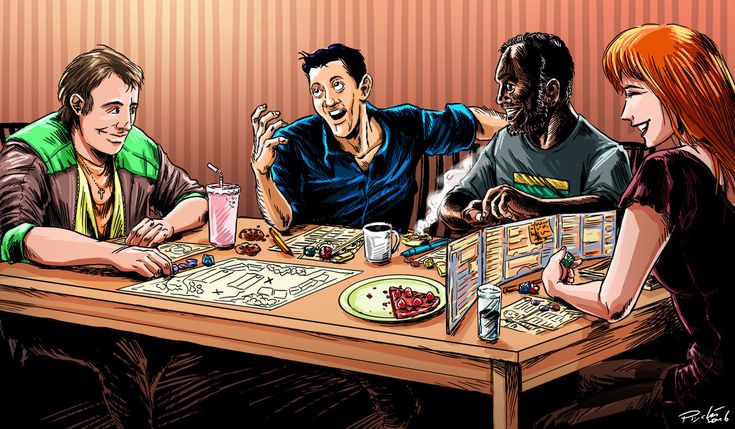
What if we could rekindle empathy through creativity, cooperation, and storytelling? It just so happens we can. Enter tabletop role-playing games (TTRPGs).
Unlike passive entertainment, tabletop RPGs require active role-taking. You don’t just watch a character’s story play out across the screen or on the pages of a book—you become them. Whether you’re a scrappy orphan on a galactic freighter or a diplomatic emissary in a dystopian country, your success depends on understanding not only your character, but those around you.
According to role-taking theory, adopting someone else’s perspective—even fictionally—builds social cognition and emotional sensitivity. TTRPGs are like empathy workouts…when used correctly.
The Research Speaks
A growing body of evidence supports the empathy-building effects of tabletop RPGs:
- A University of Toronto study found players showed higher levels of empathy and creativity than non-players.
- A 2024 Psychology of Games study reported TTRPG participants scored significantly higher on all four dimensions of empathy.
- In a unique experiment called Citizenship Quest, students role-playing immigrants reported increased trust and empathy—even without direct real-world contact.
One case from the Citizenship Quest study showed that even students with strongly negative views of immigration began expressing more nuanced, compassionate perspectives after just two sessions.
Anecdotal evidence also points in the same direction.
One therapist noted that shy, withdrawn teens began opening up after joining a therapeutic RPG group—and even began advocating for others in-character, something they rarely did in real life.
TTRPGs are even being used in therapy to help those with anxiety, ADHD, and PTSD build interpersonal skills and emotional regulation (which is another argument against so-called safety tools, but I’ll leave that for another post).
How It Actually Works
So how does it happen? Here’s what makes tabletop RPGs so effective:

- Character immersion: Again, walking in another’s shoes.
- Collaborative storytelling: Practicing negotiation, compromise, and listening.
- Safe emotional rehearsal: Navigating moral dilemmas without real-world risk.
- Group reflection: Debriefs allow players to unpack decisions, motivations, and consequences.
Each session is a social and emotional laboratory where players practice emotional intelligence—at least that’s what it is supposed to be.
Even the structure of a tabletop RPG encourages empathy. Player choices affect the group. Conflict resolution is collaborative. Players share emotional highs and lows. Over time, players feel not just for their characters—but for each other. Therein lies the power.
Real-World Applications
I suspect many people think I take tabletop RPGs way too seriously. It’s just a game, right? Well, not quite. It is a game, but it has life application ramifications that most in the space do not take notice of. This isn’t just for hobbyists.
Tabletop RPGs are now being explored as tools for:
- Corporate training: Sharpening communication and conflict resolution.
- Educational programs: Teaching history, ethics, and civic responsibility.
- Therapeutic interventions: Helping individuals safely explore emotions.
Educators are running programs where students role-play historical figures or social scenarios to deepen emotional connection. In one classroom, students played villagers navigating social dynamics in medieval Europe—prompting rich discussions about justice, morality, and social class.
Therapists are using systems like Kids on Bikes to reach youth in powerful ways. RPGs provide a unique bridge between the imaginary and the real—a safe space to practice life. I explored this as an alternative in the tragic church shooting with Audrey Hale. Video is below.
And in some leadership workshops, facilitators use tabletop RPG mechanics to help managers learn how to listen, delegate, and adapt under pressure.
Like I said, it’s not just a game.
How to Get Started
This is a simple way to start playing tabletop RPGs.
- Choose a narrative driven, beginner-friendly tabletop RPG, like:
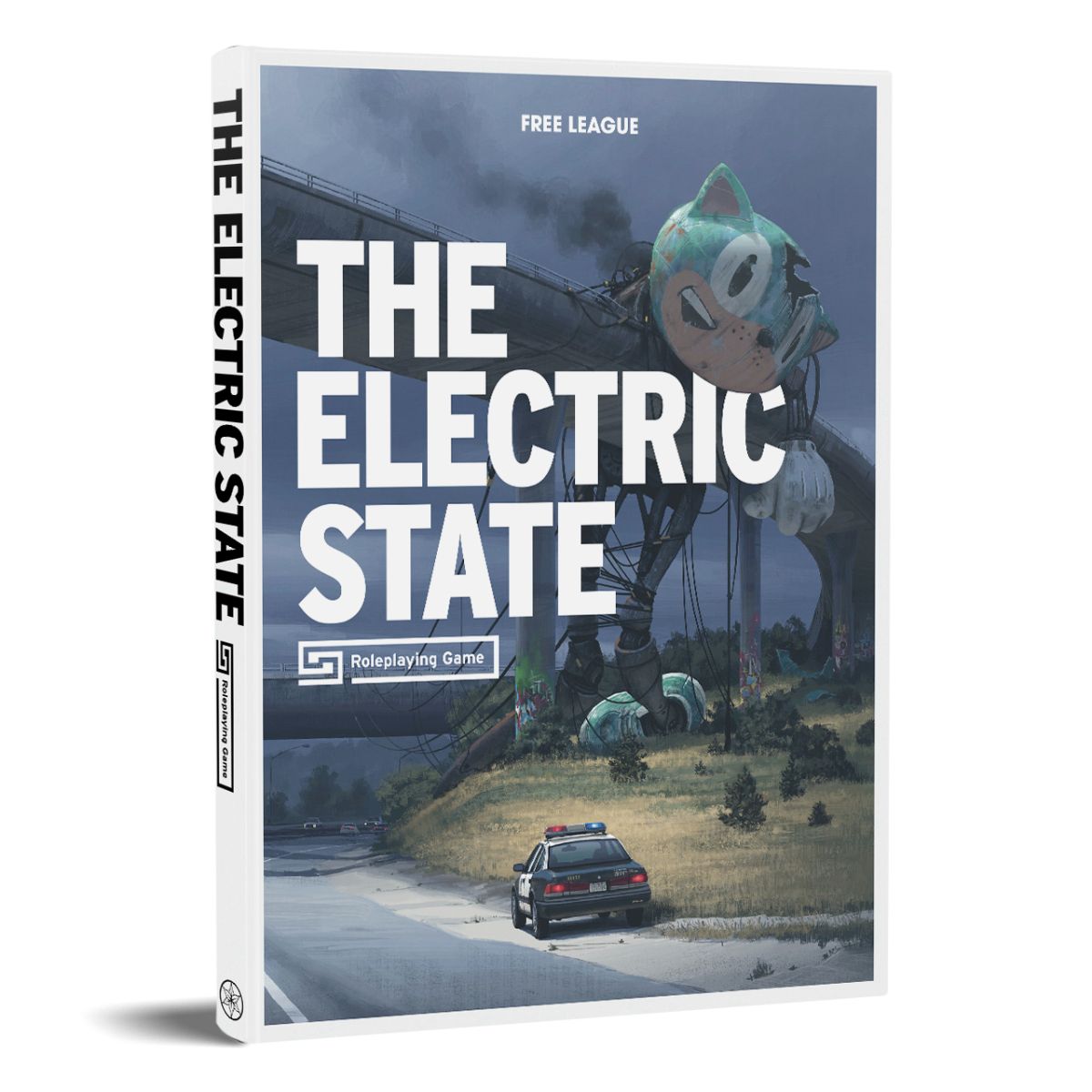
The Electric State
A surreal post-apocalyptic journey blending nostalgia and emotion with minimalist storytelling. This is also a Netflix movie.
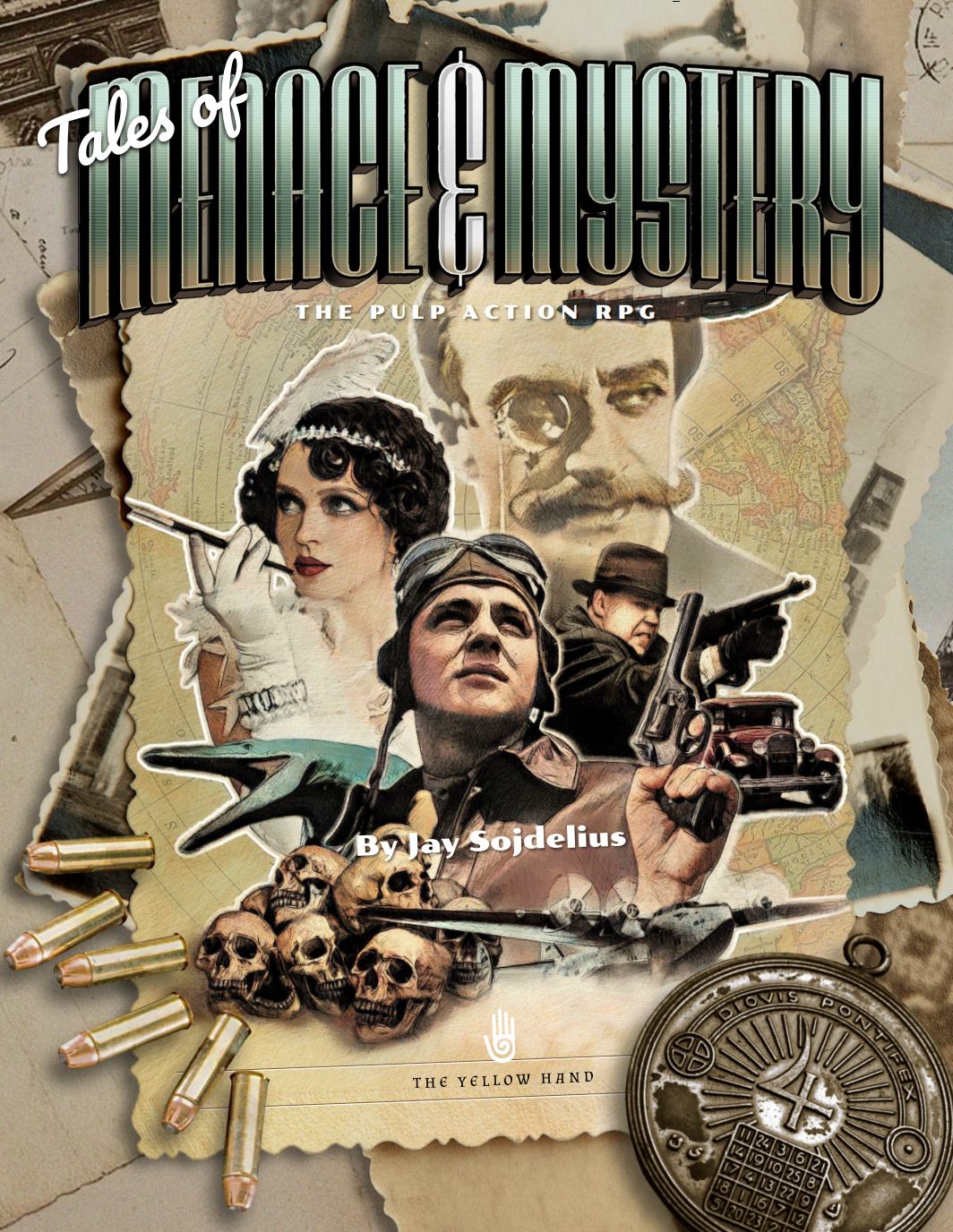
Tales of Menace & Mystery
Pulp-inspired storytelling where characters face moral choices in high-stakes adventures.
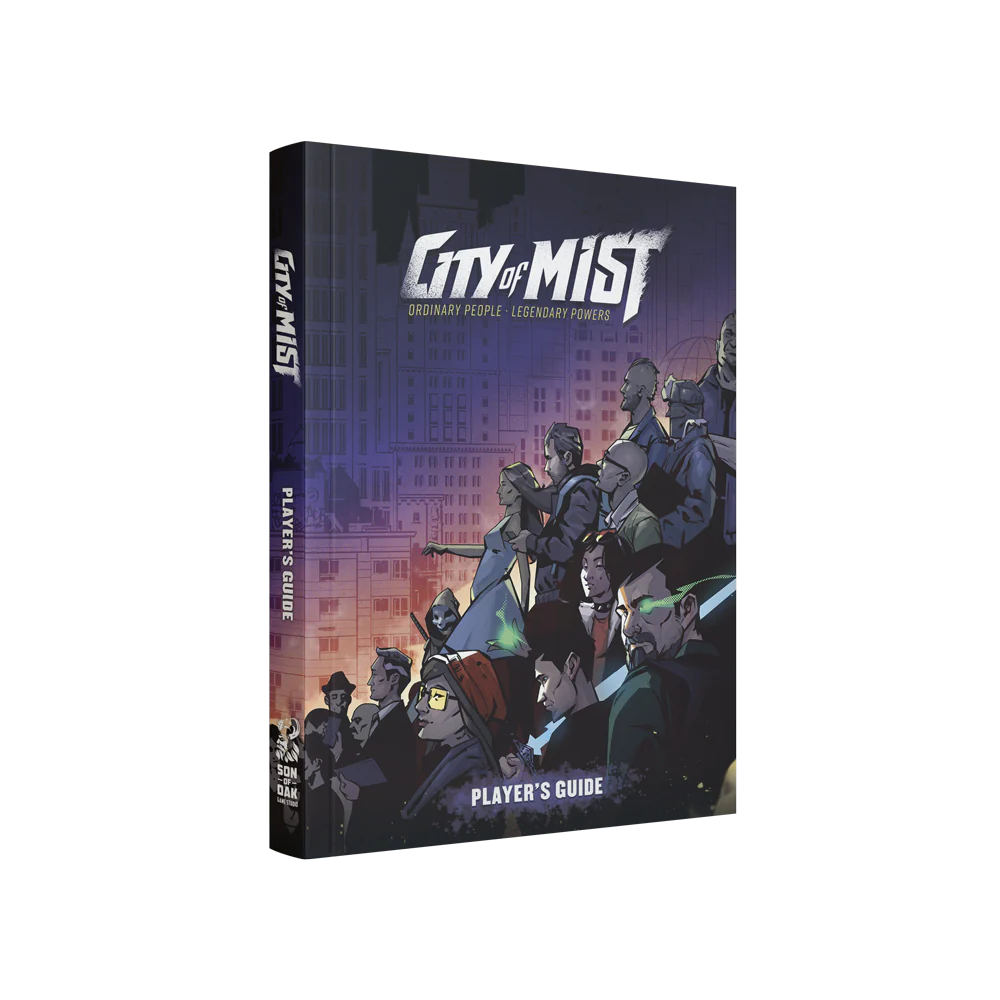
City of Mist
Noir meets myth in a narrative-rich setting that explores identity, conflict, and transformation.
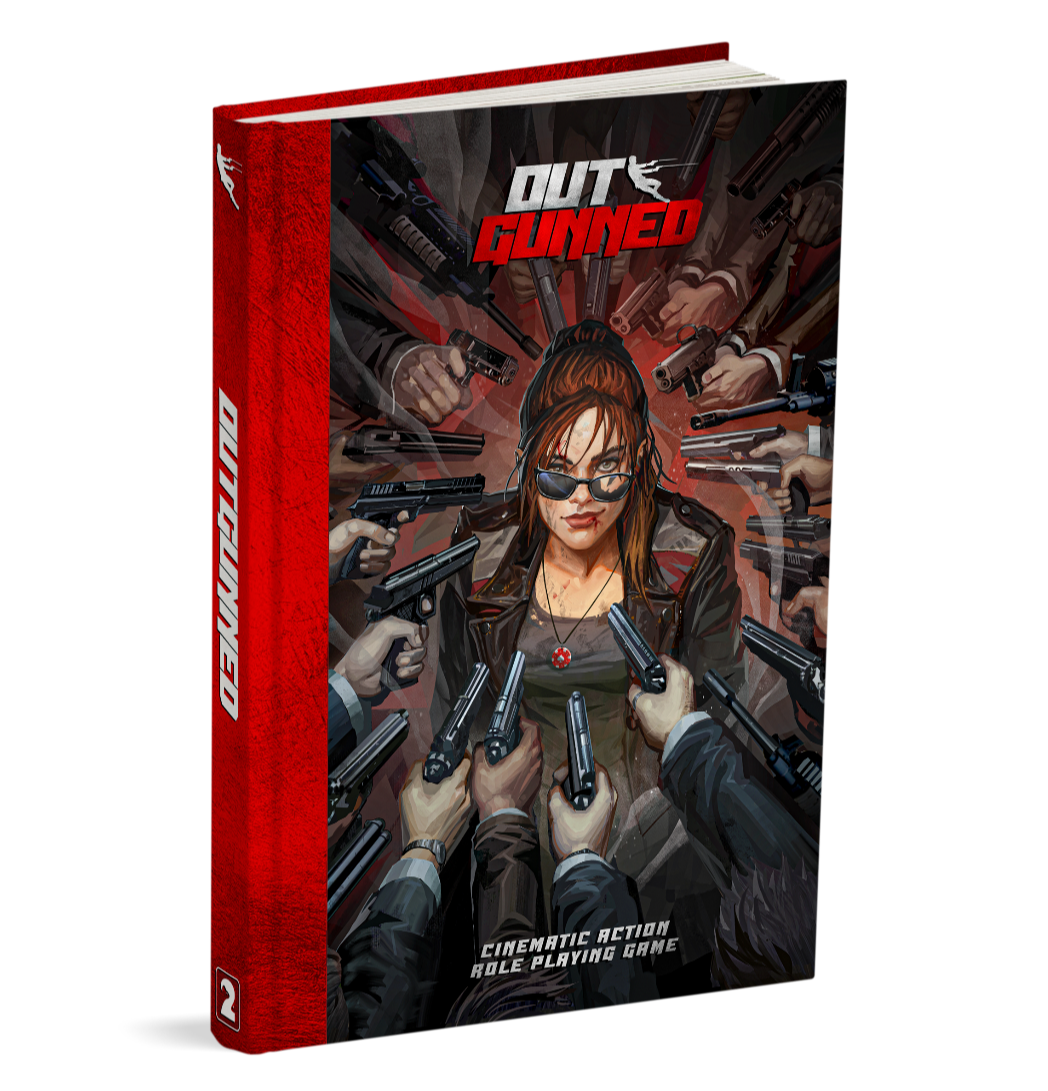
Outgunned
A cinematic action RPG that thrusts you into the role of action heroes like John Wick, Jason Bourne, and James Bond.

Vaesen
A Nordic horror mystery RPG where players explore folklore, empathy, and fear in equal measure. This is one of my personal favorites.
Some of these are more beginner-friendly than others, but for the most part they are easy to pick up on. If you are into science-fiction, I also covered three great science-fiction tabletop RPGs you in a separate post.
2. Form a small group—family, coworkers, friends. You don’t need a massive crew. Or, you could play solo (Yes. You can play tabletop RPGs solo) which is a great way to take your time and go at your own pace to learn. No pressure.
3. Set the gaming parameters: think about content, tone, and collaborative expectations. I use the movie rating system since almost everyone is familiar with it. Is it rated G or rated R. Why? What content will you include to justify that rating?
4. Reflect after the session: Ask, “What did your character learn? What did you learn?”
Let’s keep it 💯 — a short, 2-hour session once a week can be more impactful than hours of lame team-building exercises and markedly more interesting.
Obstacles and Misconceptions
Let’s address the elephant at the table, so to speak: Isn’t this just nerd stuff?
Tabletop RPGs still suffer from cultural stigma. Some think it’s only for fantasy-loving teens or hardcore gamers. Weird people going around dressing up in costumes. But today’s RPG landscape is vast—covering everything from drama and romance to mystery and politics. You don’t need to like dragons to benefit or enjoy it (thank the Lord in heaven).
Others say, “I’m not creative.”
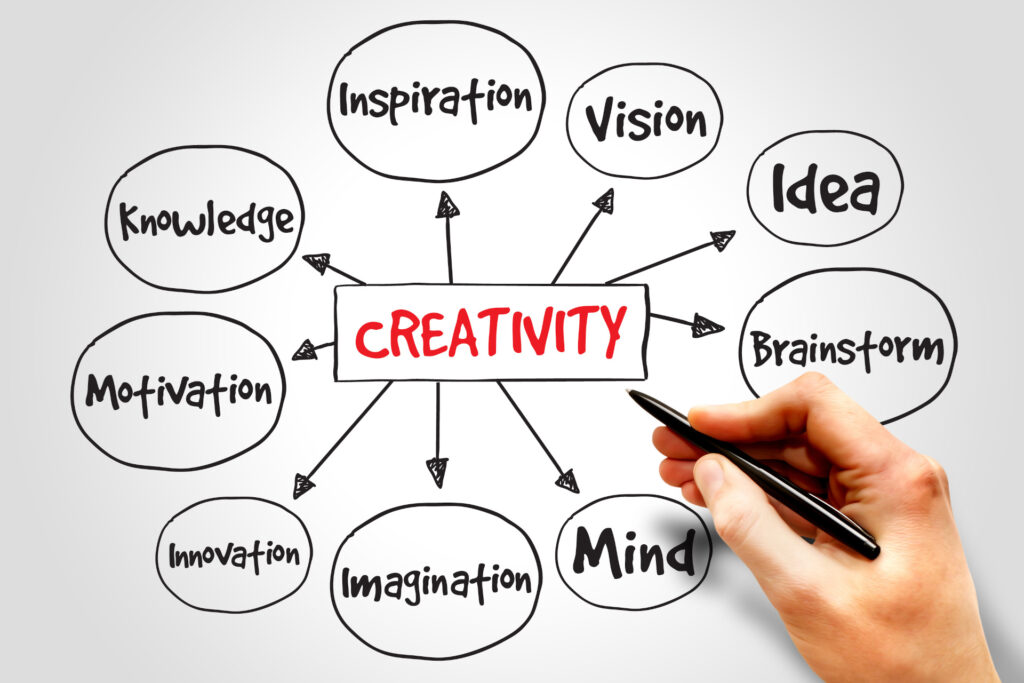
Let’s kill that noise right from the jump — yes, you are. However, somewhere along the way, you lost that wonder. You ceased to imagine, which is the foundation of creativity. You gave in to false beliefs. As a result, your imagination and creativity atrophied.
Creativity is a muscle. You have to work it to get stronger with it.
Many RPGs are designed to guide you gently, normally called rules-lite. This will allow you to get your feet wet and build up that muscle gradually.
Yeah. There are levels to this thing. All you need is a willingness to try.
Closing Thoughts
In an age where everyone is talking loud, ain’t saying nothing, and few are listening even if you are, tabletop RPGs offer a path back to understanding. They demand you slow down, think, feel, and connect. That’s probably why so many in the space avoid it, because it means being a little vulnerable.
I’ll save that for another post.
In short: tabletop RPGs have the potential to make you care.
People can learn empathy. Not through lectures—through experience. TTRPGs give you that experience every time you sit at the table. In today’s divided world, that might be the most powerful kind of make-believe there is.
So, the next time someone dismisses tabletop RPGs as childish or irrelevant, let them know: it might just be the vehicle that teaches us how to be human again.
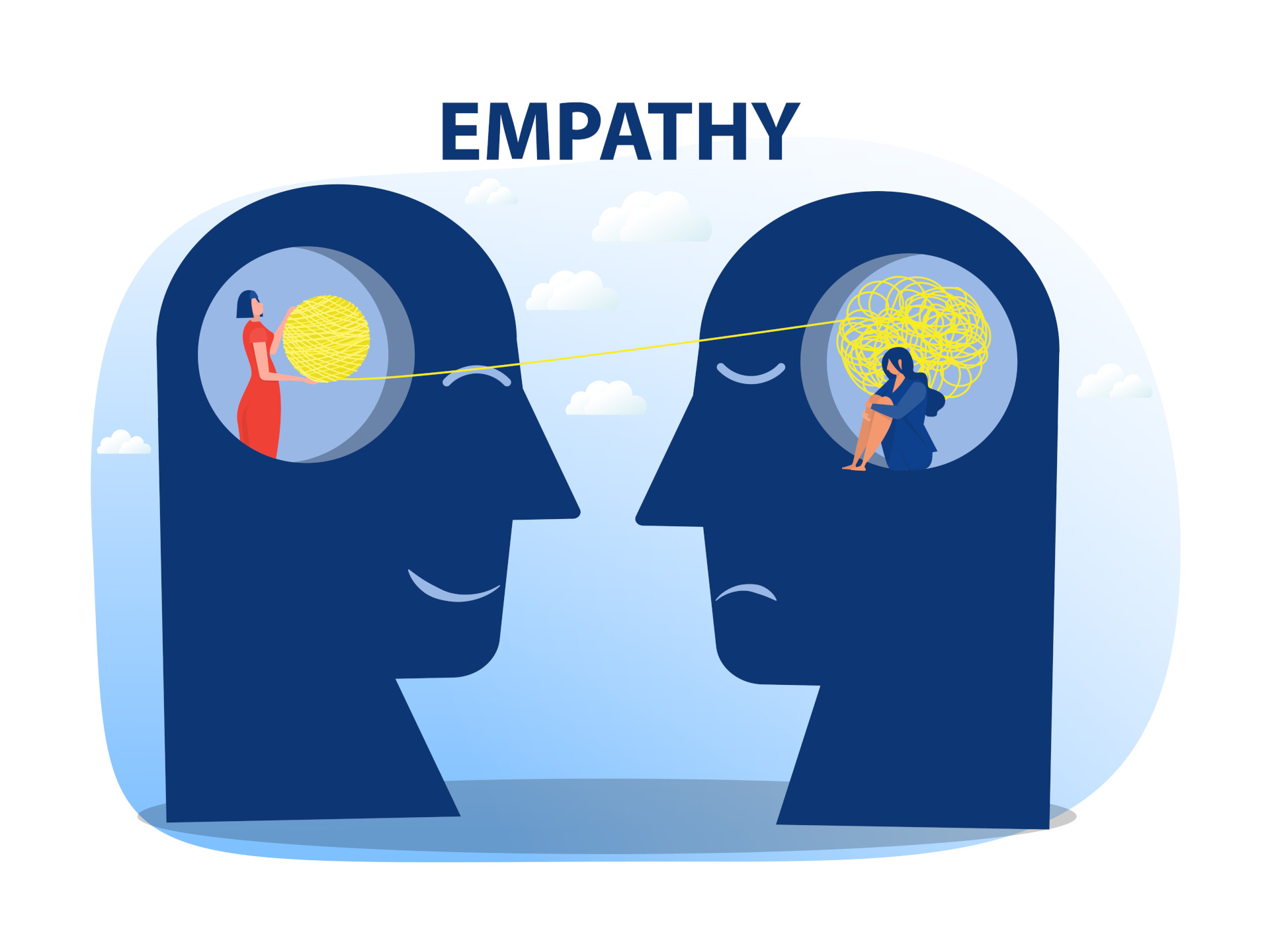

New member, first time post. I want to celebrate your lifting up how TTRPG have the capacity to create “heart to heart” connection between players.
Would you add “fosters empathy” to your list of the 4 reasons for playing TTRPGs?
I’m wondering if there are ways (method, techniques, practices) that GM’s/players can either promote or frustrate empathy. By frustrate I find that judgements/criticism/evaluations can prevent empathy from unfolding. I get my understanding of empathy from Marshall Rosenberg’s Nonviolent/Compassionate Communication (NVC) which has a very specific approach and technique of communicating with others with empathy–if anyone wants to check it out.
Anyway, thank again SoS for bringing this to attention. I look forward to hearing your response.
Thanks for checking in. 😊
I definitely would add fosters empathy and have made videos on my YouTube channel saying just that.
To answer your second question, most definitely. But that’s another post altogether.
Keep it leet. 👍🏿😊
[…] tabletop RPGs has a list of benefits that doesn’t get talked about much in the space. I covered some of these in my last post. Depending on how you approach it, solo RPG play has unseen benefits as well. How can you set […]
[…] This can lead to other positive benefits of playing tabletop RPGs, and you can do more of it because you can create faster with AI. […]